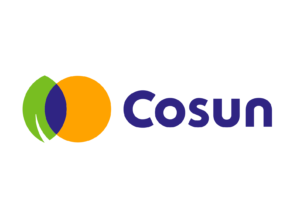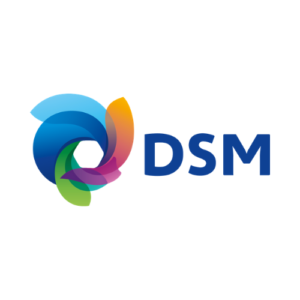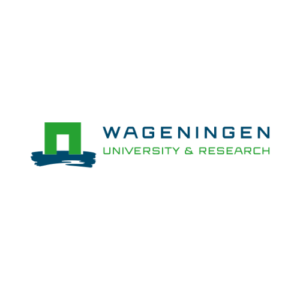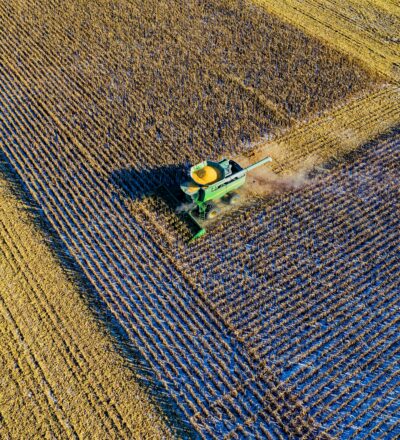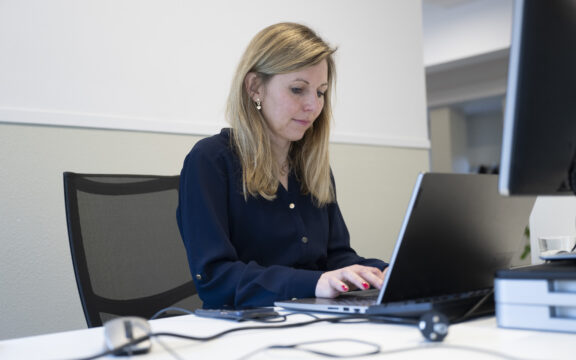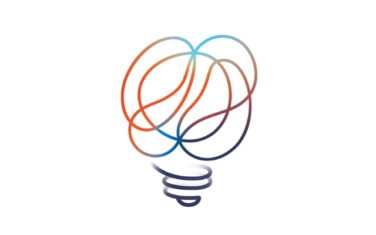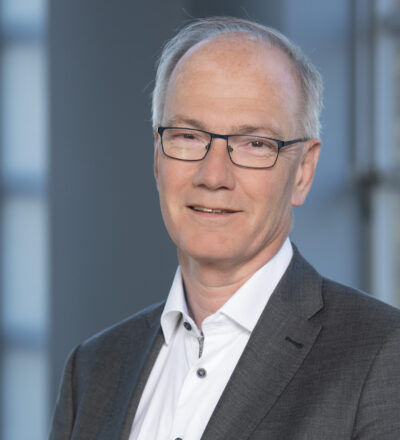Biorefinery is a crucial activity for the food industry. It enables the production of healthy ingredients and the recovery of valuable components (i.e. proteins) out of process streams. The main objective of the program was to realize new production concepts and technologies to harvest or recover valuable components in a sustainable and economical feasible manner.
In short:
- Biorefinery enables the recovery of proteins out of process streams
- The main objective of the program was to realize new production technologies
- Components need to be harvested in a sustainable and economical feasible manner
The research program consisted of 5 projects
Process synthesis in the agro-food chain
A new in silico methodology for optimizing agro-food processing chain for agro-material valorization combining logistics and processing was designed. It has been designed in such a way that it is possible to explore the trade-off between product portfolio value and energy consumption in different processing routes. An industrial case-study showed that with the software tool it is possible to determine the optimal balance between the amount of large production facilities and more smaller production facilities close to the crops
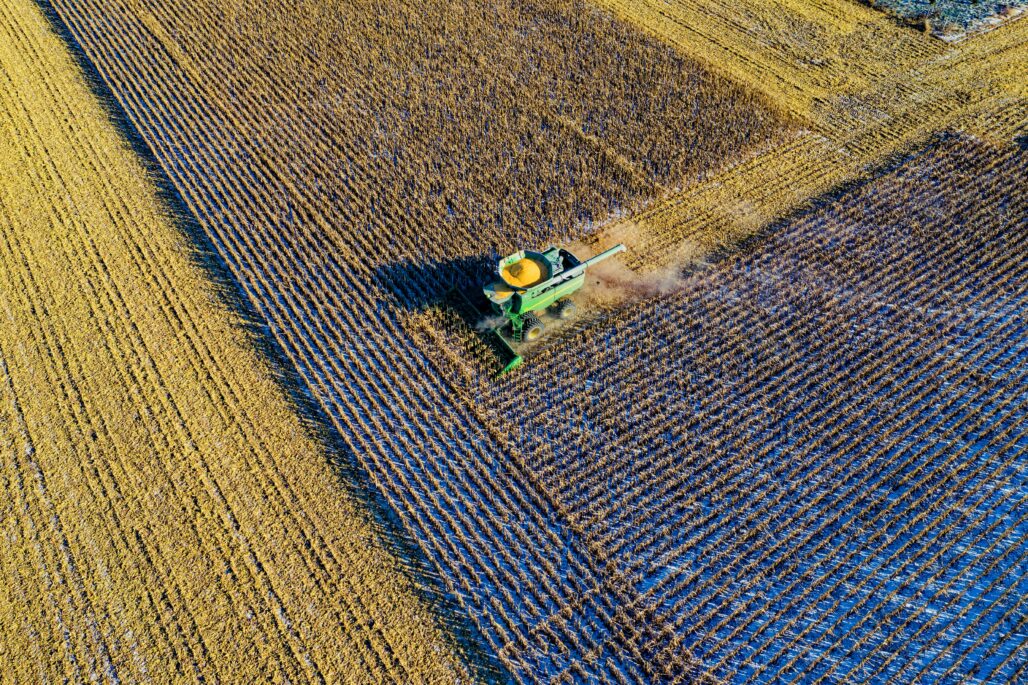
Process selection tool mild fractionation technologies
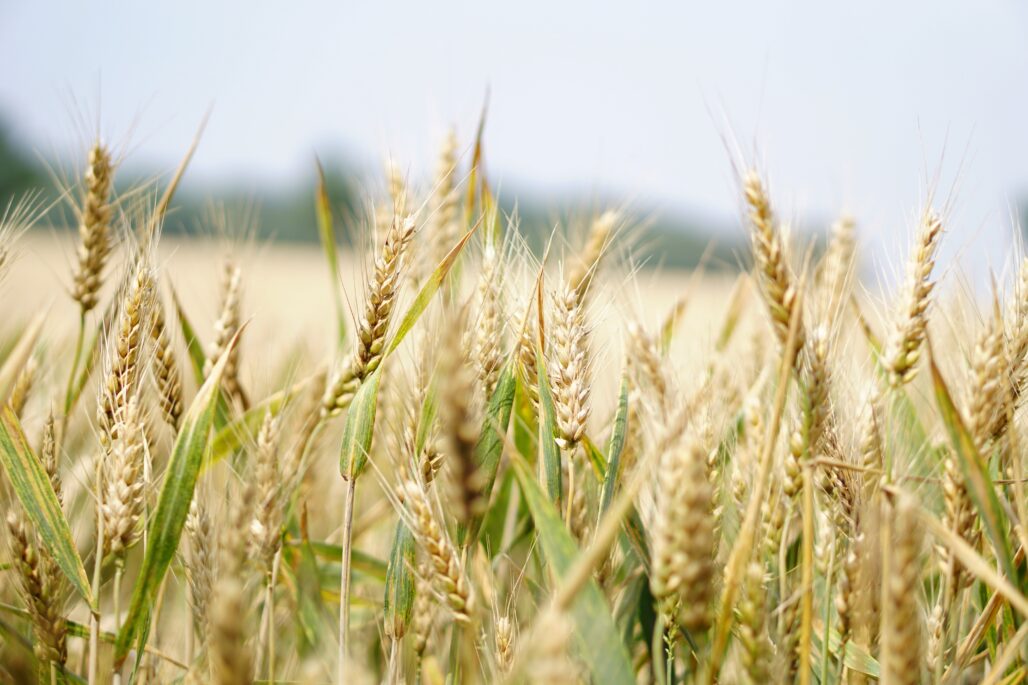
After a comprehensive literature study on proven technologies for separation and fractionation in the industry, all the technologies were evaluated on, amongst others, robustness, performance, applicability in food, availability, costs and know applications. This information is transformed into a user-friendly process selection was developed in Excel. With this tool the user can put in the characteristics of the raw material he wants to be fractionated and the desired results. As a result, the process selection tool presents a list of most (estimated) appropriate process technologies.
High-capacity industrial chromatography
Chromatography is known as an effective method to separate different components on lab-scale. A lab-scale experimental set-up was made for evaluation of phenomena involved with chromatography for large scale separation in the food industry. Several experiments to evaluate the performance (i.e. column efficiency) as a function of process conditions and design were performed. The results were used to construct preliminary process models and design rules for industrial chromatography. This is an important step for robust and economical feasible recovery of high value components (proteins, organic acids) by industrial chromatography.
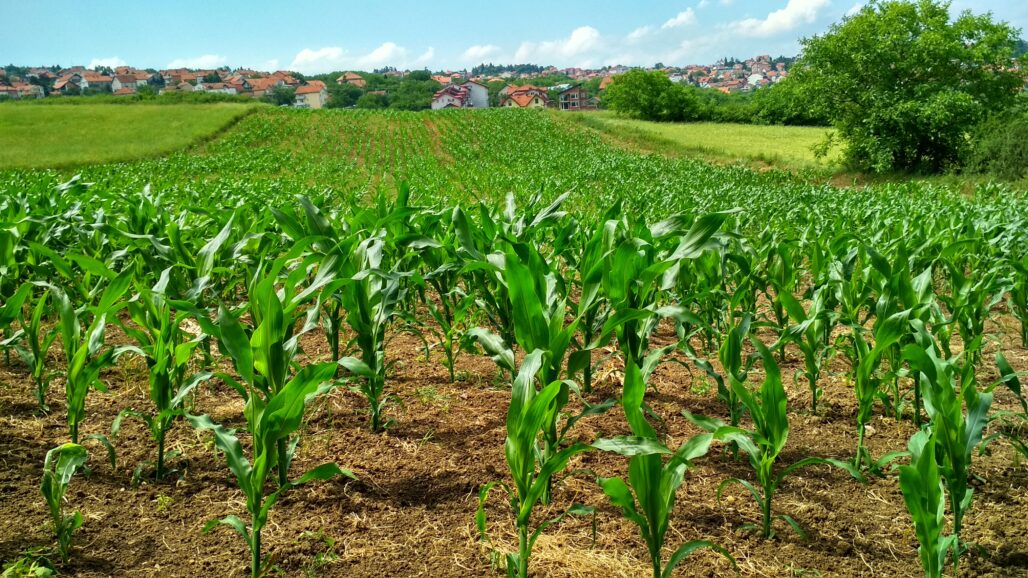
Bio-refinery of solid raw materials for food purposes
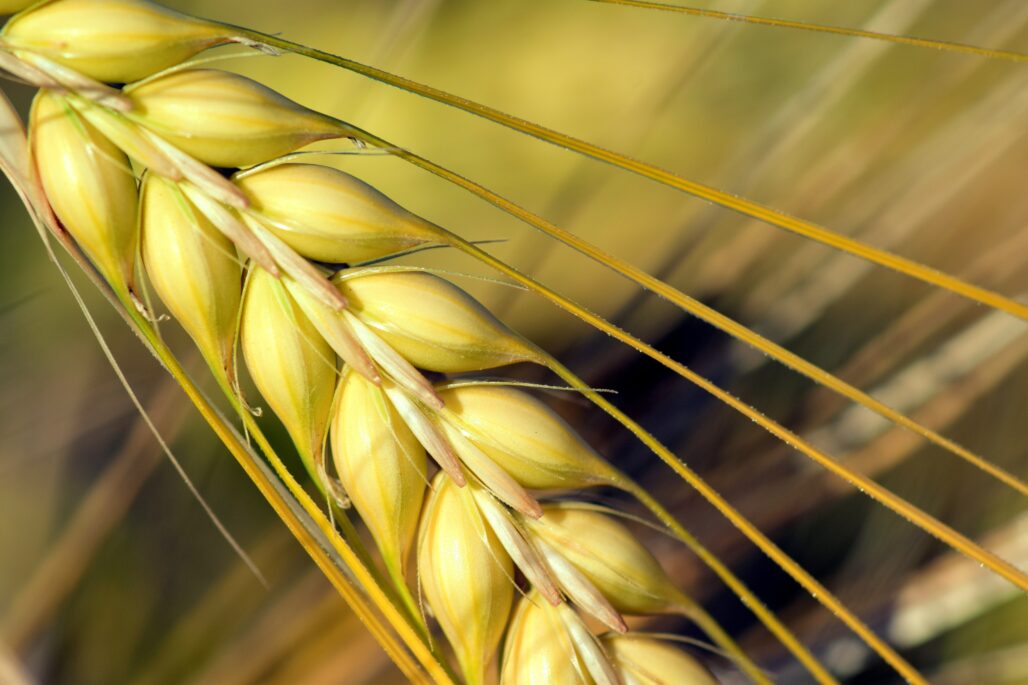
Chromatography is known as an effective method to separate different components on lab-scale. A lab-scale experimental set-up was made for evaluation of phenomena involved with chromatography for large scale separation in the food industry. Several experiments to evaluate the performance (i.e. column efficiency) as a function of process conditions and design were performed. The results were used to construct preliminary process models and design rules for industrial chromatography. This is an important step for robust and economical feasible recovery of high value components (proteins, organic acids) by industrial chromatography.
Membrane fractionation at high viscosities
This activity focused on improving the performance of membrane separation processes: how to increase capacity of membrane operation (less fouling) in relation to physical properties of proteins and carbohydrates. An experimental set-up has been constructed to analyse a system containing proteins, ions and water. The effect of the process parameters on flux and ions rejection was determined. In addition, industrial case studies were defined. The interaction between solutes and membranes during the desalination of lactose has been quantified. This is one of the examples in which the application of membrane processes appeared to be hindered by fouling and inefficiency.

The Biorefinery partners are enthusiastic about the program results. As a consequence, in addition to the initial Biorefinery Program, the consortium has initiated several new research activities on Bio-refinery related subjects. Besides, the partners are actively discussing the update of the technology roadmap for the next decade.Another result is the insight in the effect of viscosity and pore size distribution in the rejection of solutes. This knowledge is essential to come up with adequate measures for better performance of membrane processes. Membrane processes are considered as a key-process to improve the sustainability of the food sector. Several applications are foreseen such as: mild pasteurization, harvesting of valuable fractions from voluminous process streams, water removal, et cetera.
You might also be interested in
Acknowledgement & partners
This project is co-funded by TKI-BBE with the supplementary grant 'Bio-based raffinage Program' for Topconsortia for Knowledge and Innovation (TKI’s) of the Ministry of Economic Affairs and Climate Policy.
